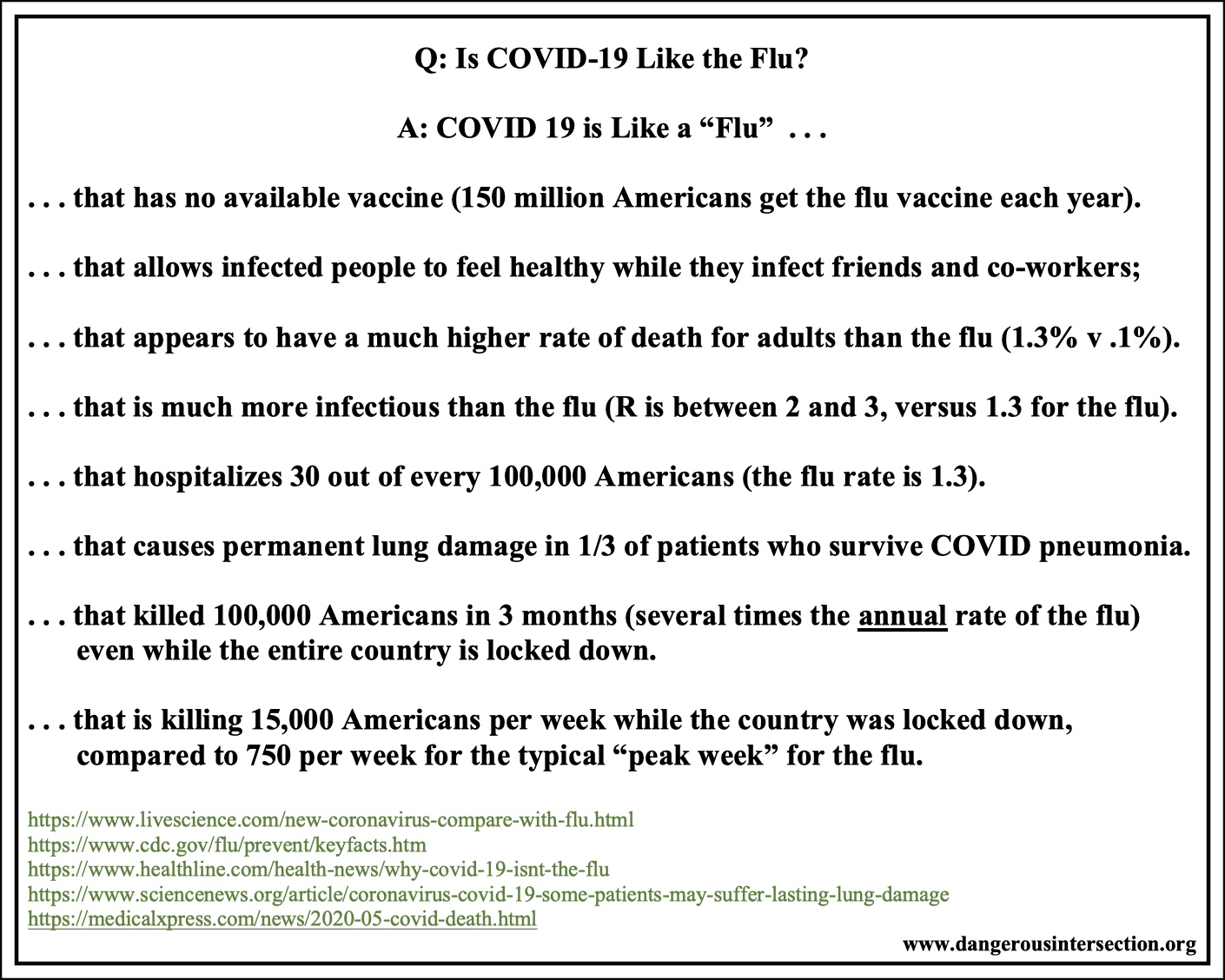I've closely followed the writings of Jonathan Haidt. His conclusions are closely tied to scientific findings. He crosscuts the current American political divide. He is hopeful that we will find our way as a country.
In this recent article at The Atlantic, "Jonathan Haidt Is Trying to Heal America’s Divisions: The psychologist shares his thoughts on the pandemic, polarization, and politics," Haidt explains what has gone wrong with many of those who consider themselves to be liberals and conservatives. What they have in common is authoritarianism populism:
Haidt laments the state of contemporary American politics, believing that on both the right and the left we’re seeing populism that responds to real problems but in illiberal ways. “On the right,” he said, “the populism there is really explicitly xenophobic and often explicitly racist … I think we see strands of populism on the right that are authoritarian, that I would say are incompatible with a tolerant, pluralistic, open democracy.”
Looking in the other direction, Haidt says, “we’ve messed up the word liberal and we’ve used it to just mean ‘left.’ I’ve always thought of myself as a liberal, in the John Stuart Mill sense. I believe in a society that is structured to give individuals the maximum freedom to construct lives that they want to live. We use a minimum of constraint, we value openness, creativity, individual rights. We try hard to maximize religious liberty, economic liberty, liberty of conscience, freedom of speech. That’s my ideal of a society, and that’s why I call myself a liberal.”
But on the left, Haidt said, “there’s been a movement that has made something else sacred, that has not focused on liberty, but that is focused instead on oppression and victimhood and victimization. And once you get into a framework of seeing your fellow citizens as good versus evil based on their group, it’s kind of a mirror image of the authoritarian populism on the right. Any movement that is assigning moral value to people just by looking at them is a movement I want no part of.”
Haidt went on: “I think this is a very important point for us to all keep in mind, that left and right in this country are not necessarily liberal and conservative anymore. On the left, it’s really clear that there are elements that many of us consider to be very illiberal; and on the right, it’s hard to see how Trump and many of his supporters are conservatives who have any link whatsoever to Edmund Burke. It’s very hard for me to see that. You know, I would love to live in a country with true liberals and true conservatives that engage with each other. That, I think, is a very productive disagreement. But it’s the illiberalism on each side that is making our politics so ugly, I believe.”
The key quote from the passage above: "Any movement that is assigning moral value to people just by looking at them is a movement I want no part of.” This is a modern version of MLK's classic advice that is scorned by many modern day "liberals": "I have a dream that my four little children will one day live in a nation where they will not be judged by the color of their skin, but by the content of their character. Why has this beautiful sentiment become so difficult today?
 9/11 and much of the resulting frenzied societal dysfunction was foreseeable, including the fact that so many modern-day tribes are so vigorously circling their wagons.
9/11 and much of the resulting frenzied societal dysfunction was foreseeable, including the fact that so many modern-day tribes are so vigorously circling their wagons.

